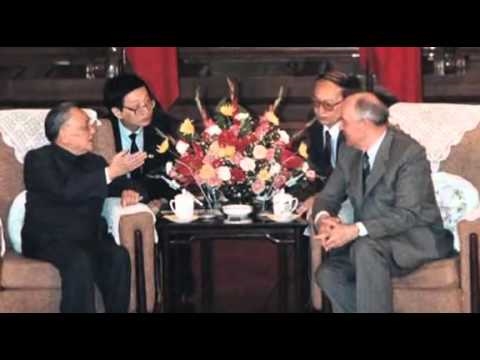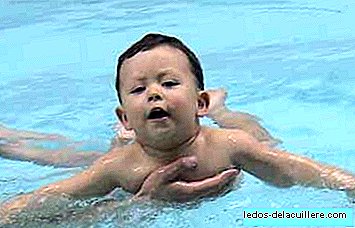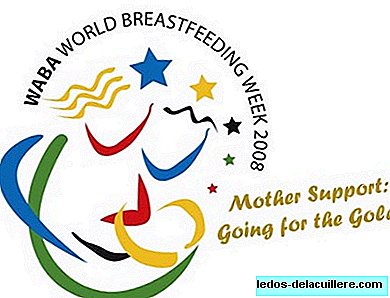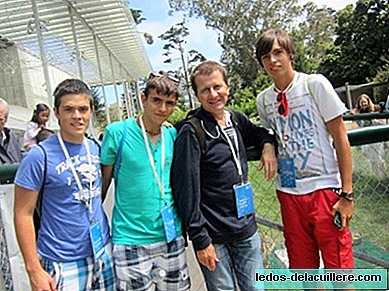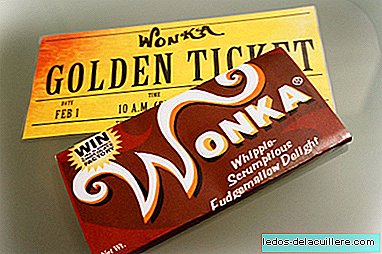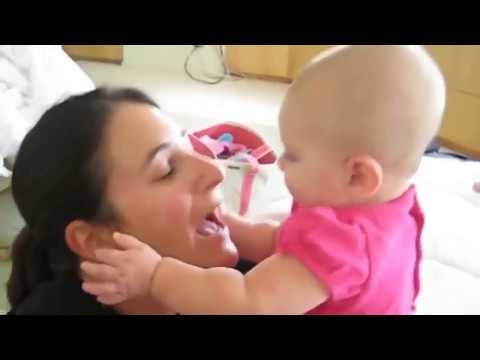French government has ordered the massive withdrawal of more than 600 batches of infant formula milks manufactured at the Lactalis milk group plant in Craon (France) due to the risk of salmonellosis, after five new cases of infection with this bacterium were recorded in the last week.
Before, about twenty cases of salmonellosis had already been registered in babies under six months of age who had consumed some of their products, so on December 2, Lactalis decided to withdraw 12 types of infant milk manufactured at the Craon plant from the February 15. Yesterday, given the new cases, it was decided to expand the list of recalled products that can be consulted here.
The five new cases of salmonellosis registered in babies were produced by the same strain detected in the previous 20 cases, salmonella agona, and one of them linked to the consumption of PICOT rice, whose reference was not included in the list of lots withdrawn on December 2. Rice? Yes, we remember that for babies with intolerance or allergy to cow's milk proteins, infant formulas are made from a rice protein hydrolyzate.
Withdrawal affects almost 7,000 tons of potentially contaminated products, as explained by Michel Nalet, group communication director. "I am not able to say what has already been consumed," he added, and explained as a "probable cause, the contamination of one of the drying towers between May 1 and 6."
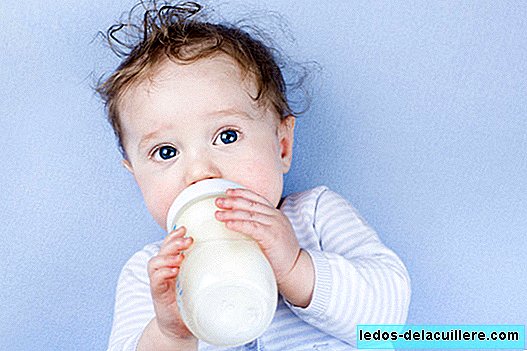
Given the seriousness of the matter, the French Minister of Economy and Finance, Bruno Le Maire, said in a statement that the marketing and export of these products is suspended for reasons of "health security."
For its part, the Lactalis group has published a consumer information document with answers to all possible questions that may be asked of affected families.
Salmonellosis, what is it?
Salmonellosis is a gastrointestinal infection caused by salmonella bacteria, which in 95% of cases is transmitted through food, mainly raw and undercooked meats and eggs.
The symptoms of gastrointestinal salmonellosis are vomiting, diarrhea, nausea, headache and high fever. It lasts between 4 and 7 days and in most cases does not require treatment, unless complications arise such as severe dehydration that requires hospitalization.
There could be more than twelve countries affected
Although most of the manufactured products are consumed in France, a large part of them are sent abroad. Several countries appear in the batch list, such as Peru, Algeria, Morocco, United Kingdom, Taiwan, Romania, Greece, Bangladesh, China, Georgia, Pakistan, Haiti and Colombia, which market milk through different brands.
- In Peru, infant milk under the Gloria brand with expiration dates from June 6 to November 15, 2019
- In colombia, infant milk under the Celia Expert brands with expiration date in April and May 2017, and Celia without Lactose with expiration in July 2019.
As a preventive measure, the French health authorities have asked parents to have the boxes corresponding to the lots published in the list don't use them.
If it is really impossible for parents to replace these milks, as an emergency measure, while looking for an alternative, the French Society of Pediatrics recommends preparing a bottle with the milk they have, boiling it for 2 minutes in a saucepan and letting it cool before giving it to the baby.
And in Spain?
In Spain, the Lactalis group has a subsidiary that markets brands such as President, Chufi, Flor de Esgueva, Puleva, Ram, El Castillo, among others.
Apparently, Spain would not be among the affected countries. From Babies and more we have contacted Lactalis Spain who assured us that in the next few hours they will publish a statement about it. Once they do, we will include it in this news.
Update (4:45 p.m.):
Lactalis Iberia Nutrition has just announced in a statement that it removes several batches of its milk powder formulas from the Spanish market. Puleva Baby, Sanutri and Damira brands manufactured in France, as a precautionary measure after the occurrence of several cases of salmonella in that country. Check the affected batches in the link.


